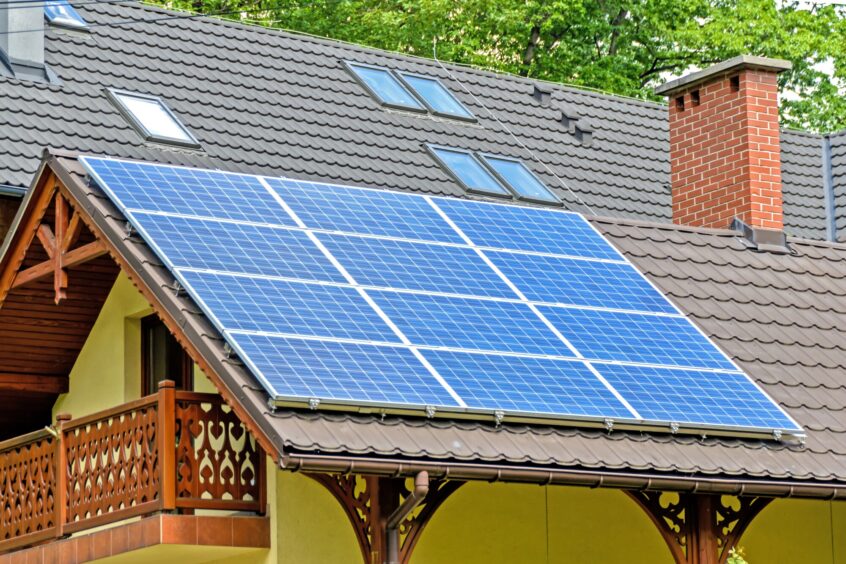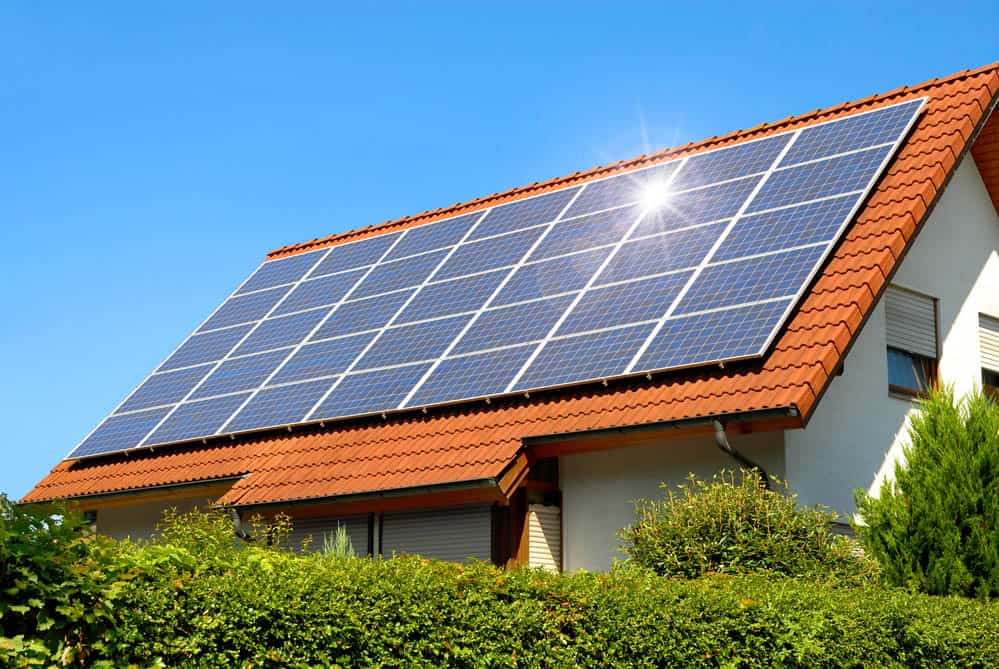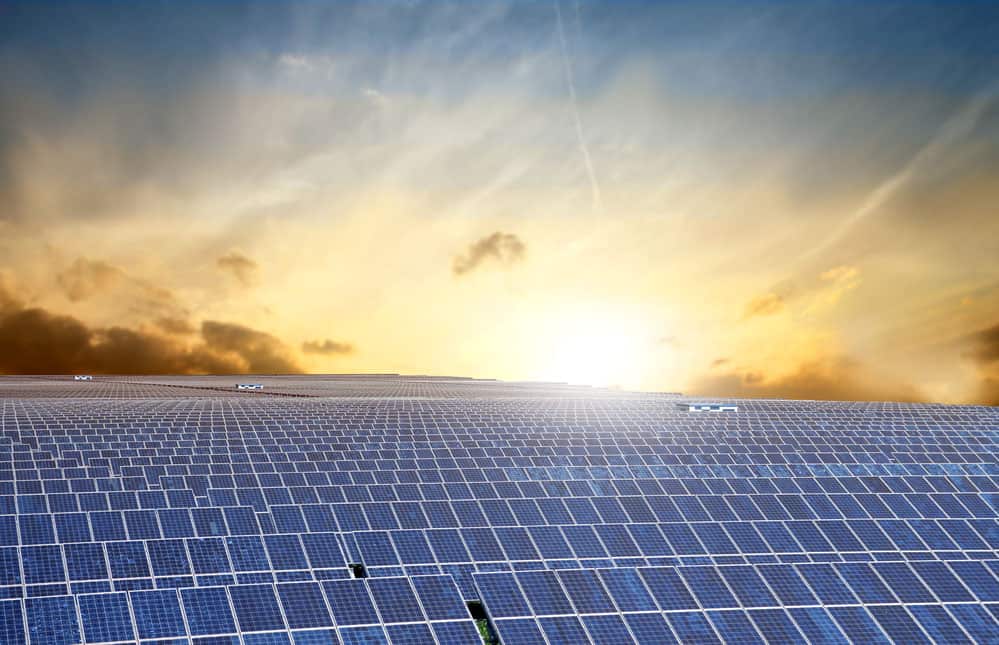How Solar Panels Work: An Overview
Are you researching how solar panels work? Perhaps you want a solar panel installed on your home?
With so many residential solar panels getting installed every year, it’s not a bad idea to get a system for your home as well. Solar panels are a great source of renewable energy and are environmentally friendly.
If you’re thinking of getting one, you may have asked yourself – how do they actually work? In this article, we talk about what solar energy is and explain how solar panels convert sunlight into electricity.
So keep on reading to find out more about how solar panels work and why you should get them.
What Is Solar Energy?
The sun is the most abundant source of energy available. Solar energy is the type of fuel that’s powered by the sun. It can produce 173,000 terawatts of energy get generated at any moment. This means it gives more than 10,000 times the energy the world needs.
Since the sun will never run out for lifetimes, it’s the best source of renewable energy. By capturing this energy, it can get turned into electricity and be widely used for homes and other buildings.
How Solar Panels Work? Learn More
PV or solar photovoltaics capture sunlight and convert that into electricity through solar panels. Tons of atoms exist in solar panels, and solar energy works when photons knock the electrons free from these atoms. Photons are light particles, and when photons separate the electrons, it creates a flow of electricity.
Here’s an in-depth look at the process of how the sunlight gets turned into electricity through solar panels:
Solar Panels Generate Electricity
Solar panels are mainly made up of PV cells which are greatly linked together. Solar cells get made out of silicon, which is a typical semiconductor. They have positive and negative layers that create an electric field.
These PV cells capture light particles (photons) and convert them into solar power. When the loose electrons flow through conductors attached to a positive and negative side of a cell, it generates electricity. Multiple PV cells create a solar array, and with more panels, you’ll be able to generate more electricity.
This process is what produces DC or direct current electricity. However, DC electricity alone cannot power your home. This is where the next step comes in.
Inverters Convert Solar Energy
In some solar panel system arrangements, the entire system gets powered by a single inverter or a string inverter. Other solar panel arrangements will have microinverters attached to their backs.
After the DC electricity gets produced, an inverter takes that from the solar array and turns it into AC or alternating current electricity. This is what gets used to power your home.
Aside from converting DC electricity into AC electricity, inverters also provide ground fault protection and system stats. This includes voltage and currents on the circuits, energy production, and power-point tracking.
How Solar Panel Systems Used In Homes Work
So we’ve learned a bit about how solar panels work, but how does the power get used in your home? Solar energy enters your home through your net meter and activates your power. It works the same way your standard electricity line does.
If you don’t have enough solar panels to power your whole home, you don’t have to worry. You’re still connected to the grid, which will draw the rest of the energy you need.
Where Leftover Solar Electricity Goes
If you have plenty of solar panels generating power for your home, you might not see the point of staying connected to the electrical company grid. However, it still has its benefits since you can send any excess electricity that you don’t use to the grid. If you’re making more power than you need, the rest can get used by your electrical company to power other homes connected.
Net Meters Measure Solar Electricity
Excess electricity can get redirected through the use of a net meter. A net meter agreement is when you make an arrangement with a local electrical company to provide you with energy credits. You earn energy credits by sending any extra power you’ve generated to the power grid.
You can then use those credits to draw electricity from the grid for free whenever it’s a cloudy or rainy day. This can help if you’re not making enough power for your entire house.
You can build up your credit and use them whenever you need to. Some companies will even pay you some money for the number of credits you’ve collected. These credits are another important piece of the puzzle of how solar panels work!
A net meter will get installed in your home, measuring how much energy gets sent and received to and from the grid. This is similar to an electric meter you might already have. However, instead of only measuring one direction, it measures two.
Why Is Solar Energy Renewable?
As stated above, the sun is a source of energy that will never get depleted. This means that solar energy is greatly sustainable and easy to maintain. It can keep going, renewing itself every day and never running out. The renewable aspect of solar panels is one of the most important parts about how solar panels work.
Other examples of renewable energy are wind or hydropower. In comparison, we can look at fossil fuels, which only have a finite amount of resources. Gas, oil, and petroleum are just a few examples of sources that we need to continue renewing and may eventually run out.
How Can Solar Panels Save Money?
There are plenty of different factors that contribute to the amount of money you can save with solar panels installed in your home. It all depends on how much energy you need. So, the size of your home, the number of people you live with, the amount of electricity you use, and the like are all essential factors.
To put it simply, if your household uses up a lot of power and you live in a place where the weather is mostly sunny all the time, you can save a lot more money buying solar panels.
Go Green Using Solar Panels Today
Solar panels are a great way of getting renewable energy for your home and might even save you money. After reading this article, we hope you got a better idea of how solar panels work and why you should get solar panels for your home.
Need some help with solar panels, or have another question about how solar panels work? Contact us today, and we’ll help you and answer your inquiries.



